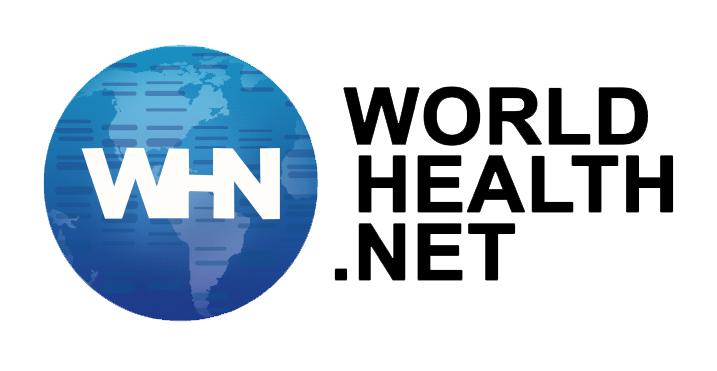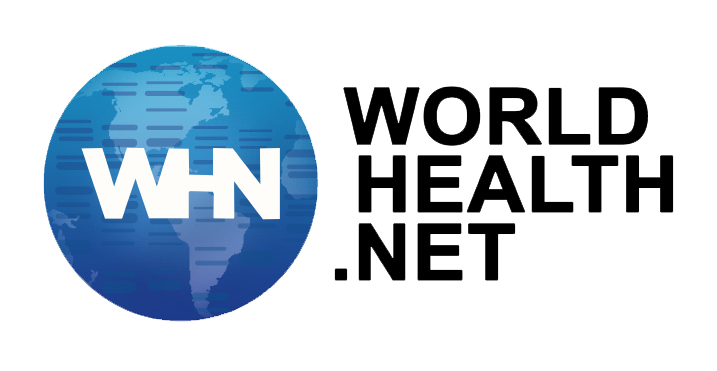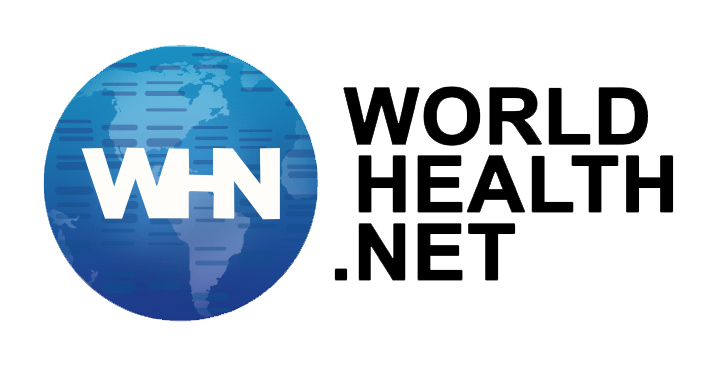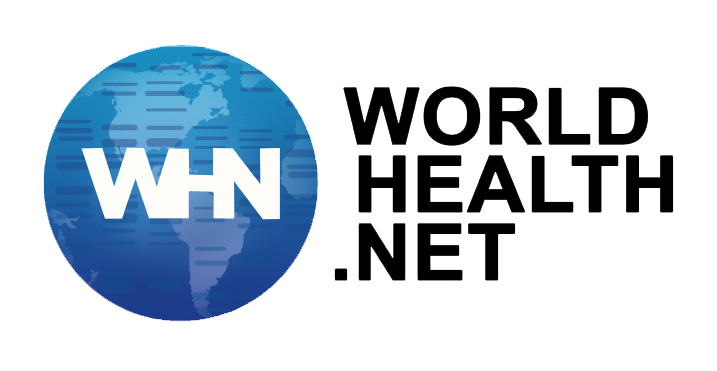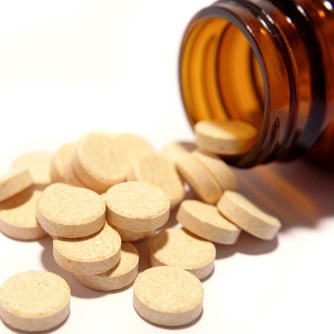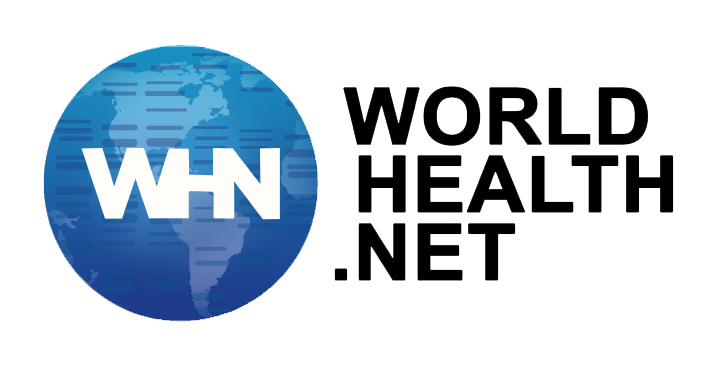FDA Approves First NGS Based Companion Diagnostic
Next generation sequencing based companion diagnostics with the potential to detect multiple lung cancer mutations has been approved by the FDA. Unlike most test that are run exclusively by labs in which they were developed, these NGS based tools can be distributed all over the USA, FDA approval signal shifts in diagnostics. Only a single …


